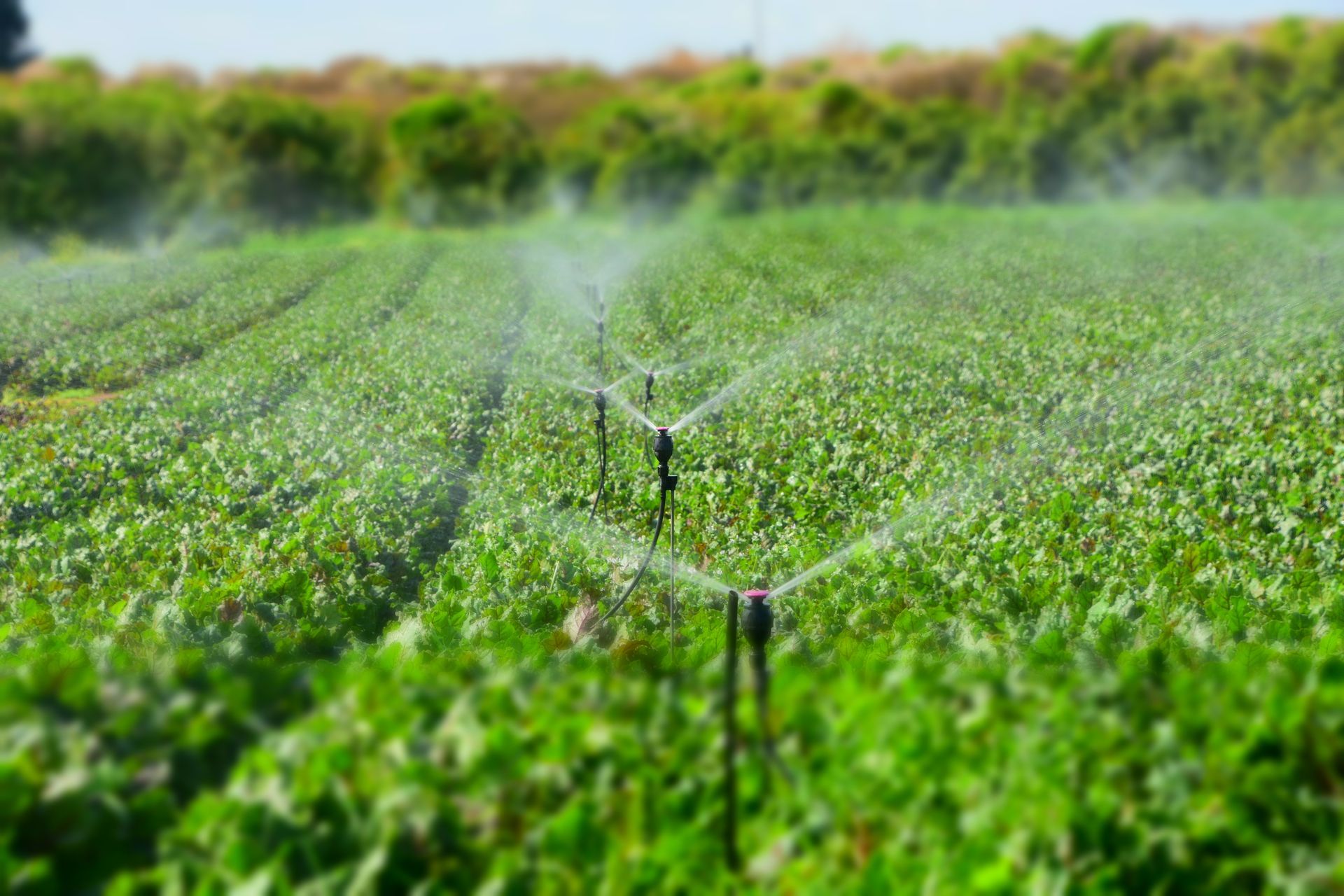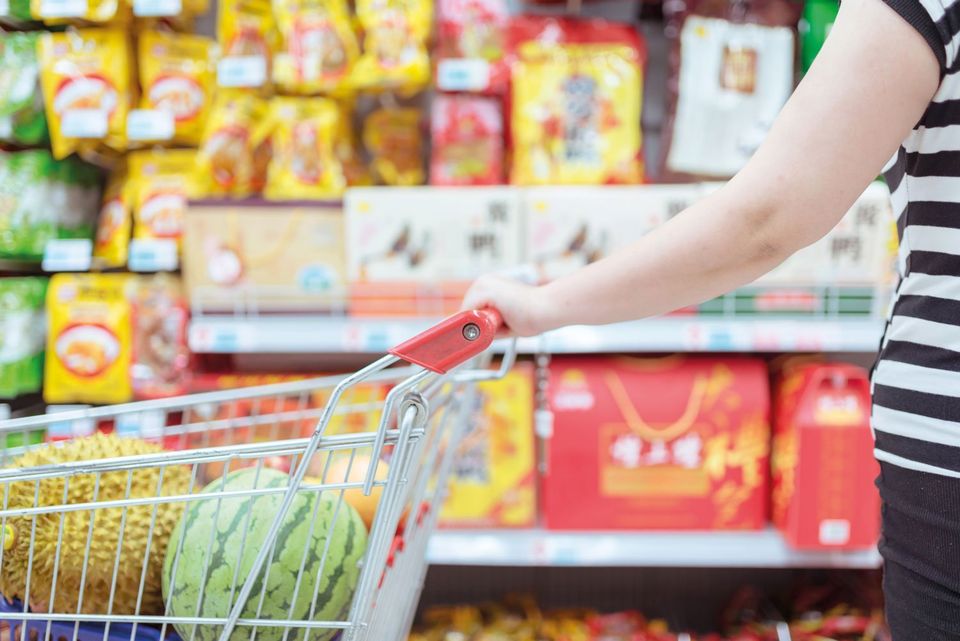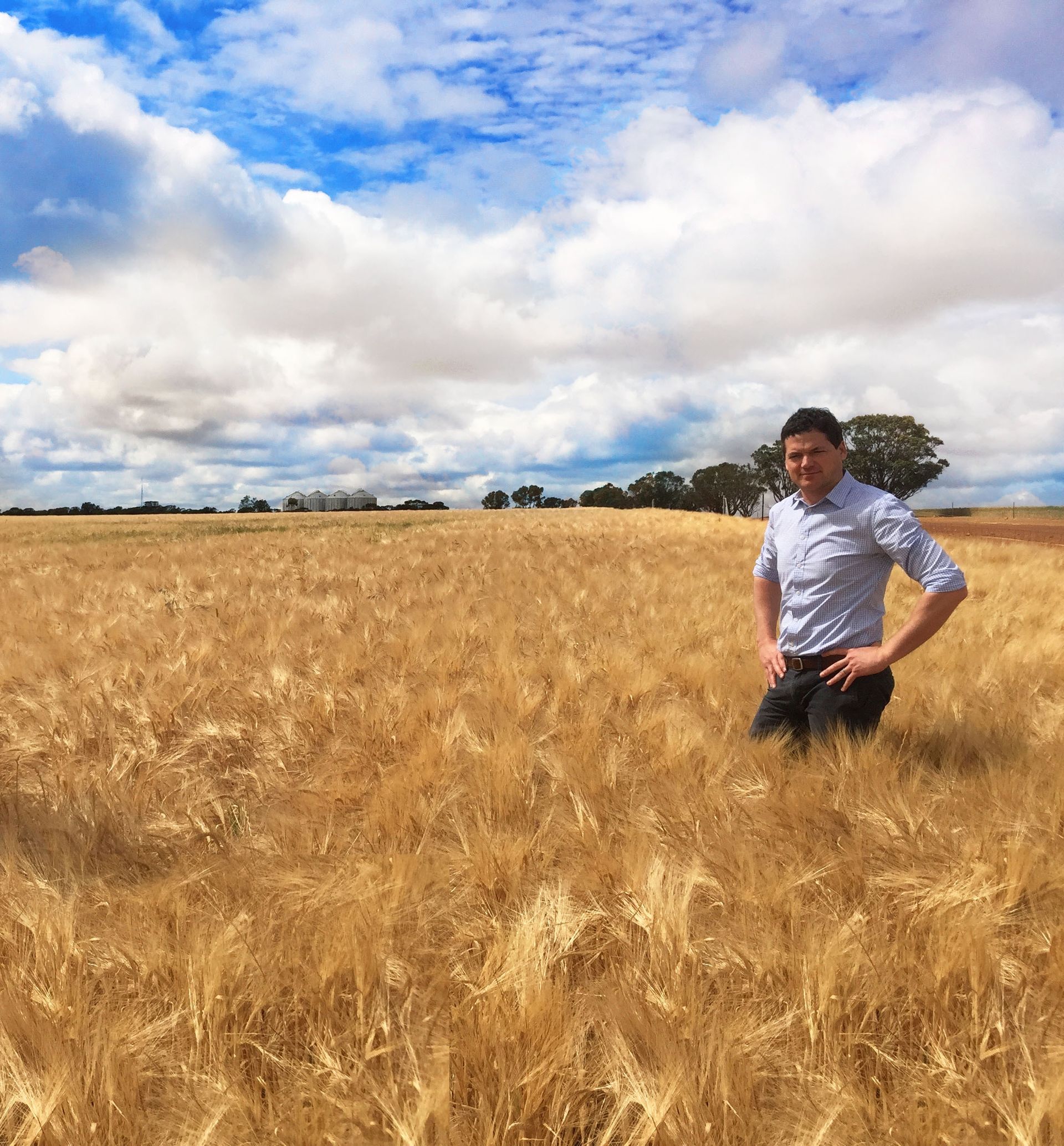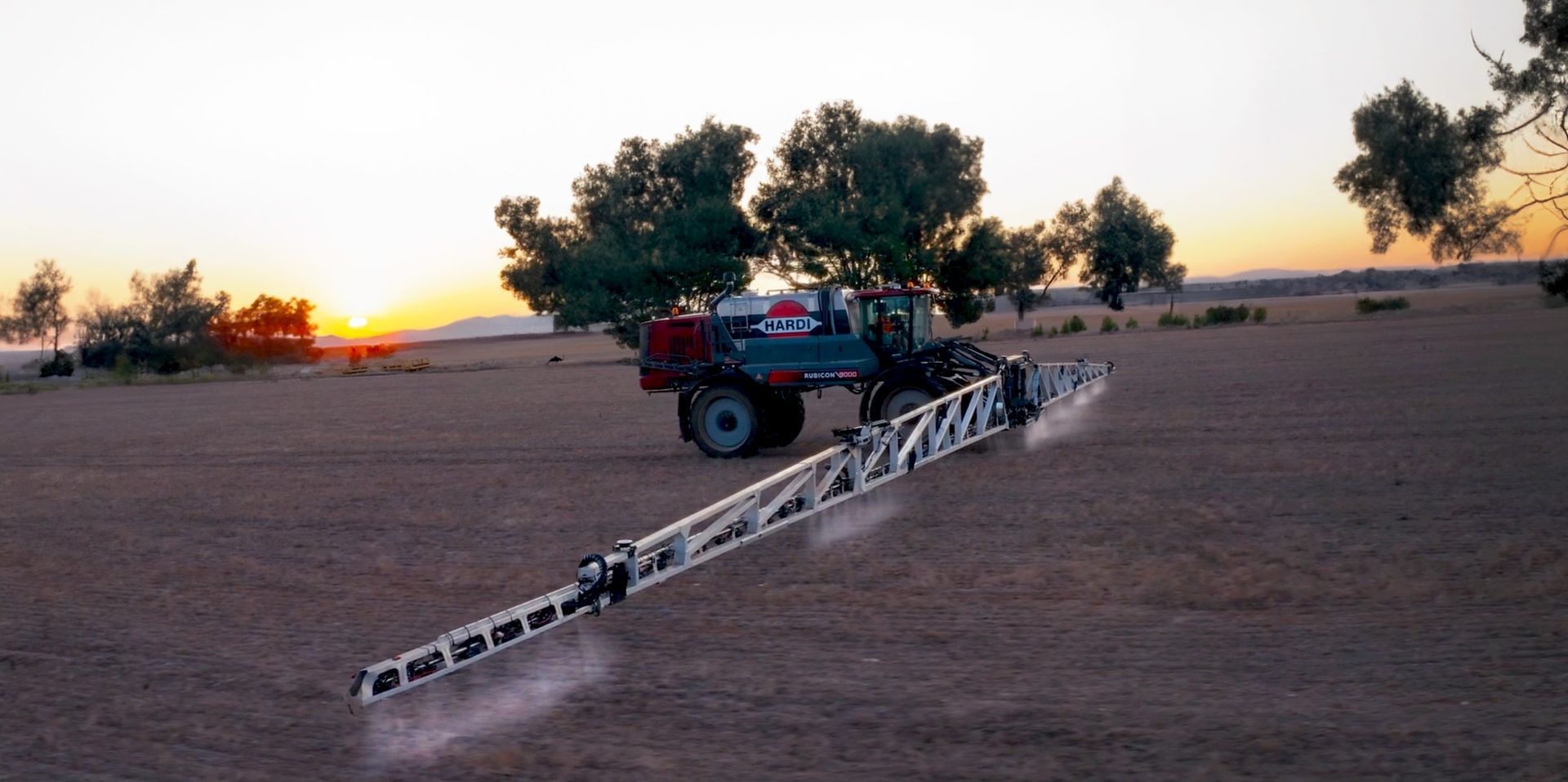Blog Post
The view from China: AAAA rating of Australian foods
Boundless Plains to Share
Chinese consumer acceptance of Australian foods has grown rapidly over the last five years. The core driver is a significant increase in consumer concern about the safety of Chinese domestic produce: higher income earners in China are concerned about their families and are increasingly looking for ways to obtain safe overseas food products from countries such as Australia.
There are four purchasing trends that have emerged as critical to Chinese consumers in the market for food products:
- Authenticity
- Affordability
- Access
- Awareness
Bulk food product integrity can be easily compromised at any stage of the production and packaging process: inappropriate handling during washing, cutting and packing, suboptimal temperature control in storage and transportation – the list goes on. In the worst cases, inferior local Chinese or foreign products are mixed with Australian produce before being labelled and marketed as ‘made in Australia’. This has created mistrust in the eyes of consumers, who have started to address this concern by seeking reliable and trusted distributors.
In China, a ‘trusted distributor’ business model known as ‘daigou’ (pronounced ‘di-go’) has developed in recent years. Essentially, Chinese nationals living overseas ‘buy on behalf of’ their Chinese relatives, friends and customers and offer a personal, reputation-based guarantee of authenticity. Daigou originally began within the European luxury goods market, where profits were made from differential import duties placed on the items. In the context of Australian produce, daigou shopping lists usually include items like infant formula, vitamins, Manuka honey, skincare products and organic baby foods.
Some brands have become very popular among Chinese consumers solely by being sold by daigou service providers!
Whilst daigou may represent a disrupting force in both markets, it also offers trustworthiness to consumers through product authenticity and proof of purchase (with infant formula, for example, Chinese consumers can be sure it is the same product that Australian mothers are using) as well as timeliness of delivery to the consumer. That is why Chinese consumers do not seem to mind paying a premium to buy Australian foods via daigou.
When it comes to affordability, products labelled ‘Australian made’ are by no means a cheap option. Higher production costs can put Australia’s high-quality products at considerable risk of losing market share to competitors, namely Brazilian and Uruguayan beef, wines from Spain, Italy and Chile, and infant formula from New Zealand.
For commercial customers, it has always been price that drives purchasing decisions. In general, products at lower price points are much preferred to higher value, premium products that cost more. For consumers, given the very short history of educated consumption of imported foods, the benefits of Australian beef (being disease and hormone free and having a better taste) can easily be undervalued in light of the better packaging and aesthetics of beef produced in other countries.
Those who are able to afford Australian foods can be classified into 3 groups:
- The ‘must have’ market, mostly comprising parents buying infant formula and red meats for their growing children. This segment has the lowest elasticity of demand; that is, buying propensity is not very highly correlated with levels of disposable income;
- The ‘nice to have’ market, comprised mostly of wealthy middle-class buyers seeking nutritional supplements and health foods not only for themselves but also for their families and elderly relatives; and
- The ‘gift givers’, who are motivated by reputational injury arising from adverse impacts of any poor quality products they provide to others. This group is also motivated by the desire to differentiate their presents from traditional gift giving standards.
To be able to afford authentic Australian foods is one thing; getting access to these foods is another. Currently, consumers in China find Australian foods through a variety of convenient channels, including:
- Department stores and supermarkets (most have areas dedicated to imported foods)
- Australian specialty stores
- Online stores
- Daigou suppliers
Public awareness of Australian brands has evolved and continues to do so. There are different levels of brand perception in China: the general ‘Australia’ brand for bulk products like beef and canola, state brands such as Tasmania’s (known for its cherries and seafood), regional brands associated with product categories like wine, and individual brands like Penfolds.
With continued education of the consumer market over time, there is no doubt that more and more successful individual brands will continue to emerge. As with all success stories of international products in China, it will be the individual brands of Australian food produce that ultimately govern loyalty and guide consumers’ purchasing decisions.
About the author: Hui Li is the co-Founder and Executive Director of VC Group, a specialist advisory firm that helps Australasian and Chinese businesses with bilateral trade and investment in food and agriculture. She has over 18 years’ experience advising foreign companies making direct investments in China and Australia, including seven years in China’s Ministry of Commerce and 3 years as Senior Manager of China Practice at PricewaterhouseCoopers.
Share
Tweet
Share
Mail
NEWS

By Jessica Martyn
•
16 Feb, 2024
When it comes to building and maintaining a successful farming business in Australia, implementing the right solutions to deliver and preserve essential resources like fresh water is crucial – and in these ponds, White International is an authority more than 70 years strong.
A selection of The Australian Farmer Sponsors - Click on a banner below to find out more...













